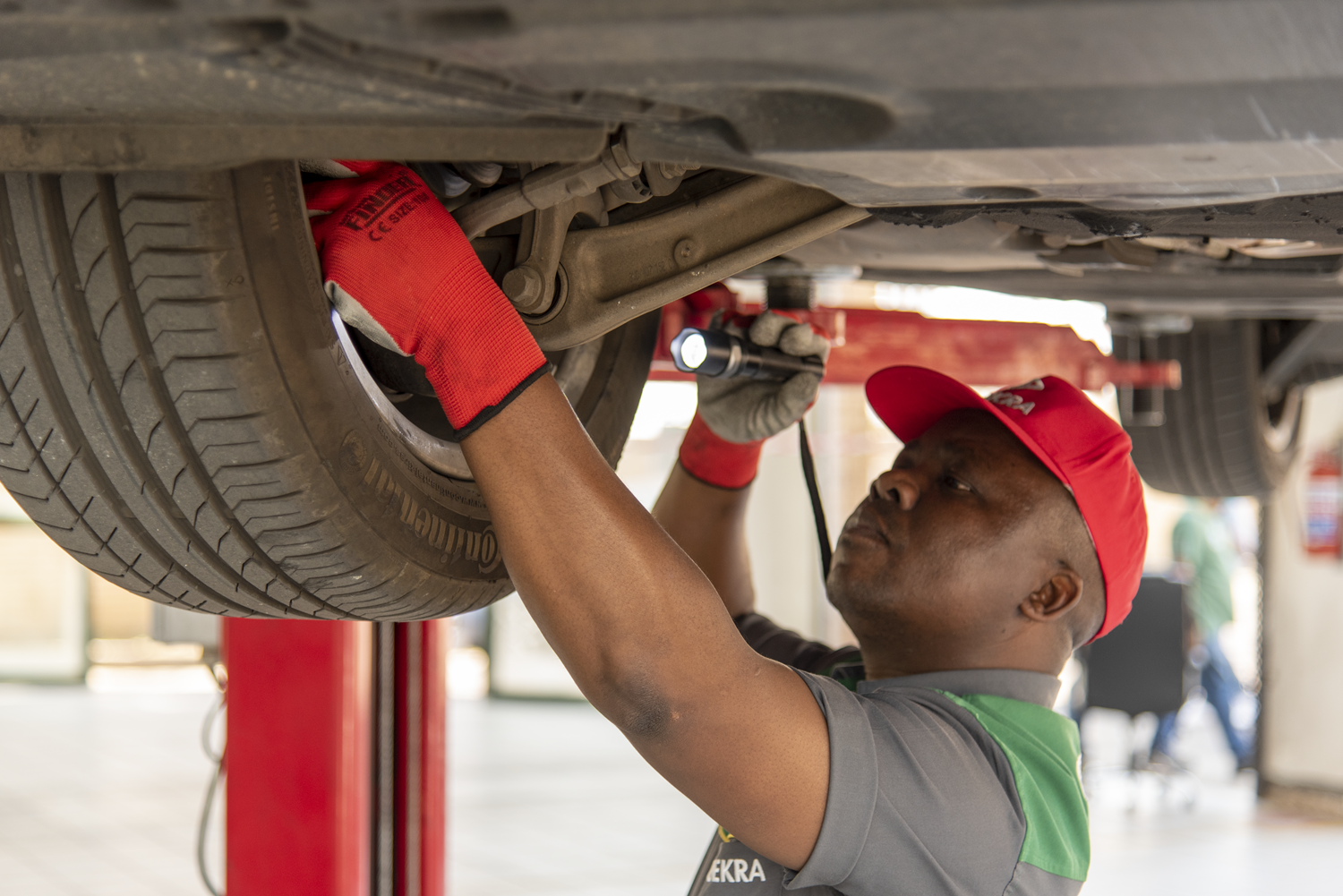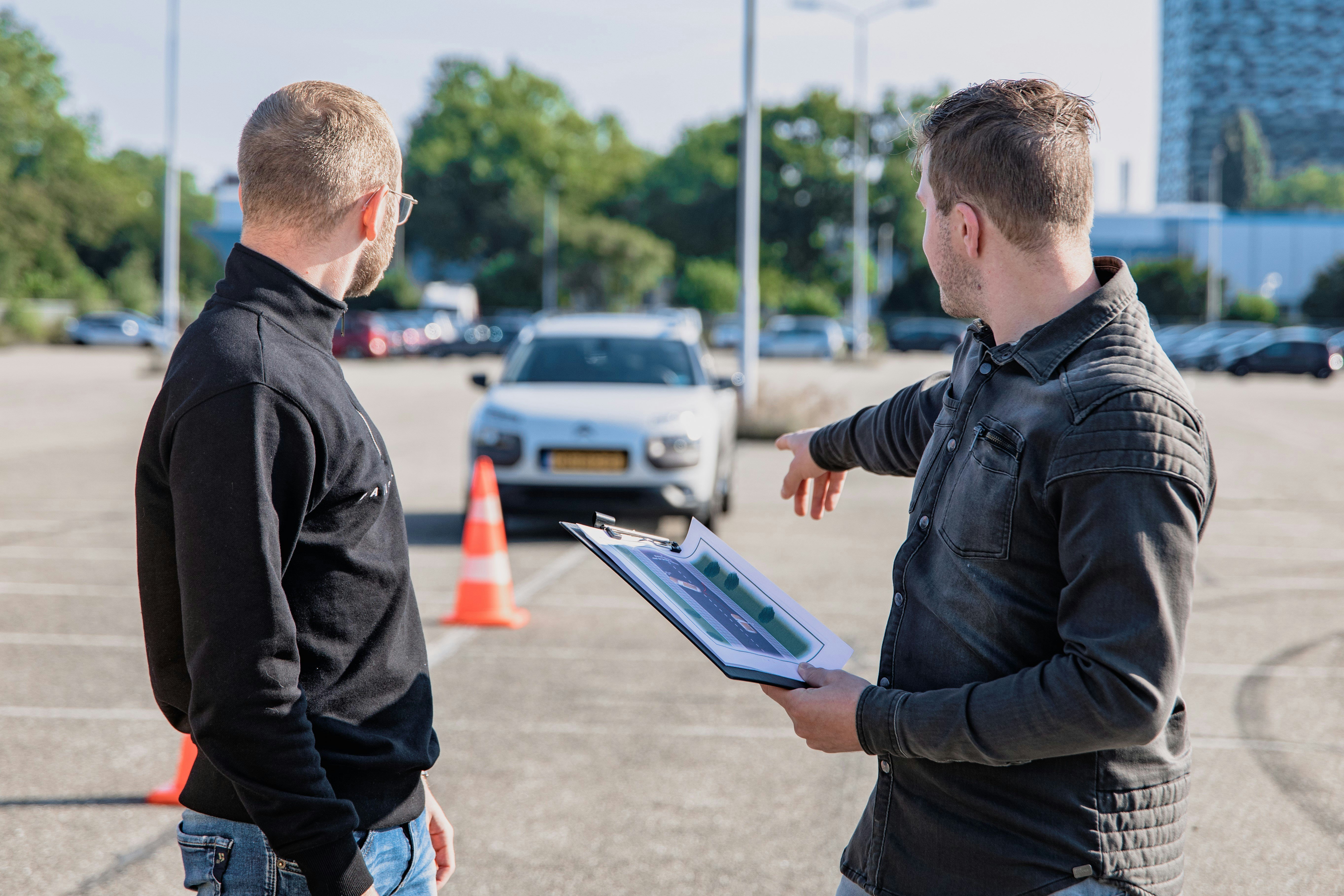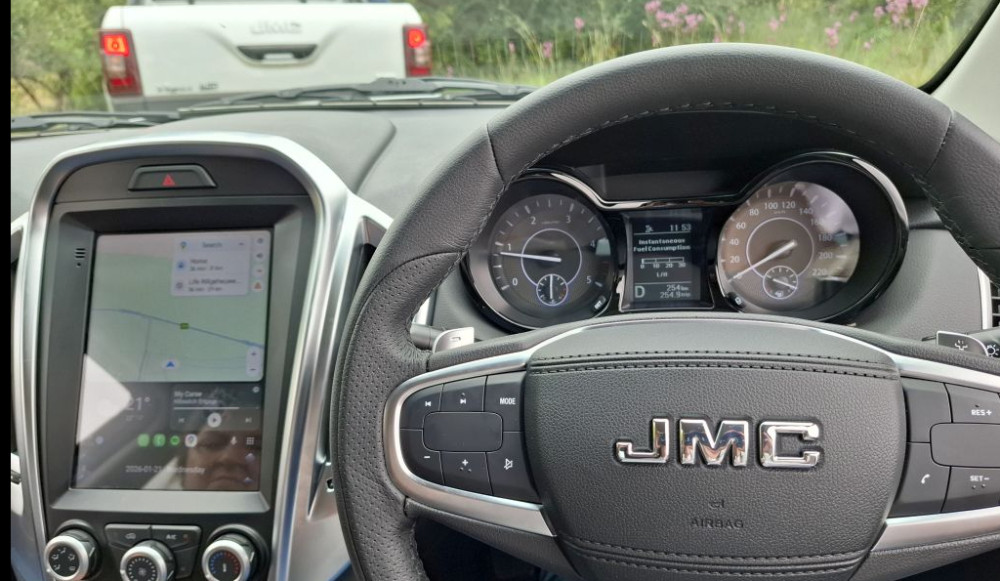The transfer of vehicle ownership, mandatory roadworthy testing, and the classification of a vehicle's life cycle status in South Africa are strictly governed by the National Road Traffic Act (NRTA). Understanding these requirements is crucial for both buyers and sellers to ensure legal compliance and road safety.
When a vehicle is sold, the new owner is legally obligated to register and license the vehicle in their name. This process hinges on the correct documentation provided by the seller. Major automotive retailer WeBuyCars clarifies the documentation handed over depends on their sales channel:
· Stock sold manually: Typically requires a Registration Certificate (RC1).
· Stock sold online (via the Mylan platform): Typically requires an Application for Registration and Licensing of Motor Vehicle (RC2) document.

We’ve got you covered – for the best insurance deal click here
“The new owner must then present these documents and complete the application process at their local licencing authority, determined strictly by their residential area. While services like WeBuyCars can facilitate the registration process if requested by the client, the legal liability for ensuring the vehicle is licensed always remains with the vehicle owner and must be done at their designated local authority,” says Janson Ponting, WeBuyCars, Sales Director.
“In cases where WeBuyCars sells a vehicle financed through a bank, they facilitate the registration process, registering the client as the owner and handing the registration certificate to the financing bank. They may also assist with the initial licencing.”

Need finance – click here for the very best finance deals for your new car
Mandatory Roadworthy Testing
A critical step in the ownership transfer process for used vehicles is the roadworthy test. The NRTA mandates any used vehicle changing hands must pass a roadworthy examination before a new licence disc can be issued. Failure means no licencing.
These tests are conducted by certified Examiners of Vehicles (EOVs) at registered and regulated testing stations nationwide. The inspection follows the rigorous South African National Standard SANS 0476, an 87-page manual dictating the examination criteria. Conducted by trained technicians, the test involves a detailed condition inspection to determine roadworthiness and identify any necessary repairs or replacements before a pass certificate can be granted.
WeBuyCars highlights their internal vehicle classifications based on roadworthy readiness for consumer transparency:
- Platform Vehicles: Already passed roadworthy; ready for immediate licencing.
- Goal Status Vehicles: Guaranteed to pass roadworthy after undergoing a pre-sale condition inspection.
- Free Status Vehicles: Have identified roadworthy-relevant items needing repair/replacement, clearly listed on the condition report for the buyer before purchase. It's vital to note that a condition report is not a roadworthy certificate, but an indication of readiness.

Looking for a safe car for a student then click here
Understanding Vehicle Life Cycle Status
The NRTA and the National Traffic Information System (NATIS) define a vehicle's official life cycle status, recorded on its registration document (NATIS document):
- New Vehicle (Code 1): Registered and licenced for the first time after leaving the Original Equipment Manufacturer (OEM). Retains this status until its first ownership transfer.
- Used Vehicle (Code 2): The standard status for any vehicle after its first ownership transfer.
- Rebuilt Vehicle (Code 3): Signifies a vehicle previously deregistered as ‘unfit for use’ (often due to significant accident damage) that has subsequently been repaired, passed roadworthy, and re-registered. The industry term ‘Builder’ refers to this re-registration process.
A critical distinction exists for vehicles deregistered as ‘permanently demolished’. This classification applies when a vehicle's chassis has been destroyed (compacted, melted, severely damaged beyond reconstruction), rendering it impossible to rebuild or reregister. These vehicles fall outside the legal definition of a registerable motor vehicle.
Compliance is Key
These interlinked processes – registration, licencing, roadworthy testing, and status classification – form the backbone of South Africa's regulated vehicle lifecycle management under the NRTA.
“Adherence ensures legal ownership transfer, promotes road safety by verifying vehicle condition, and provides transparency about a vehicle's history. Buyers and sellers must familiarise themselves with these requirements to navigate vehicle transactions smoothly and legally.”
Colin Windell for Colin-on-Cars in association with
proudly CHANGECARS












